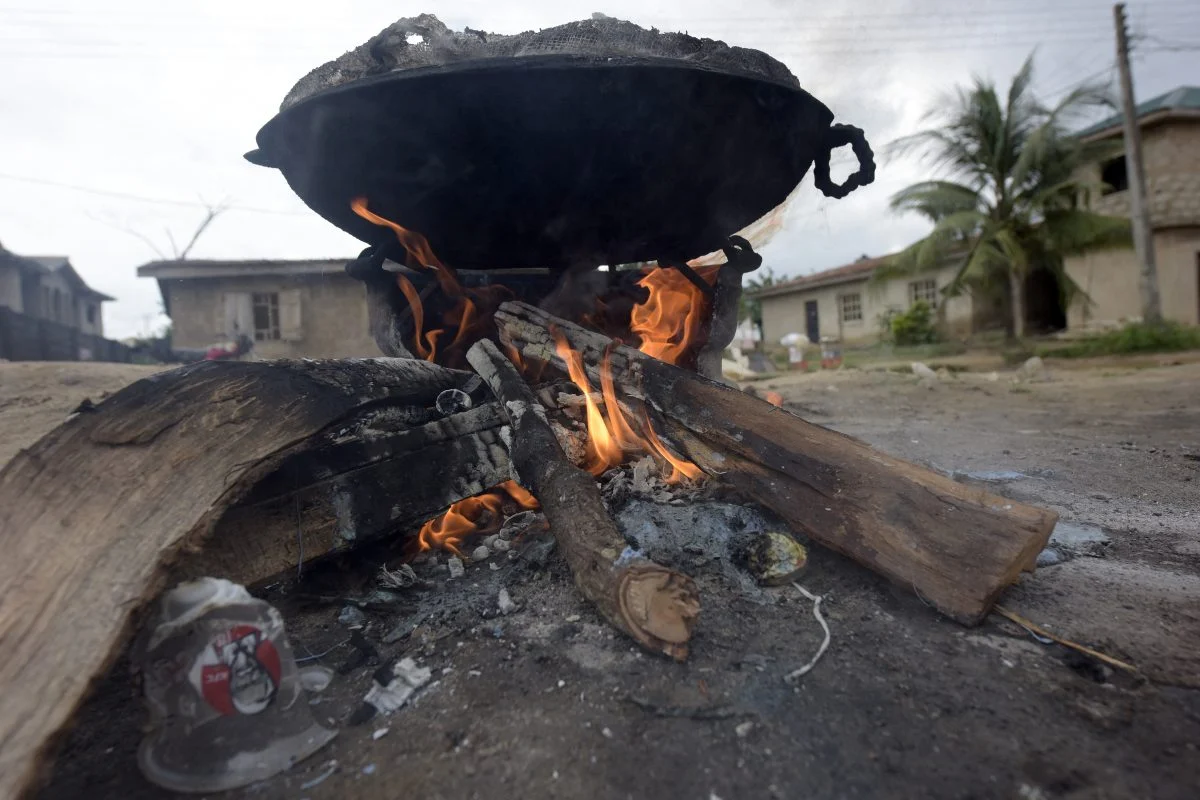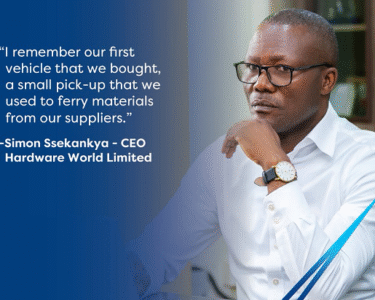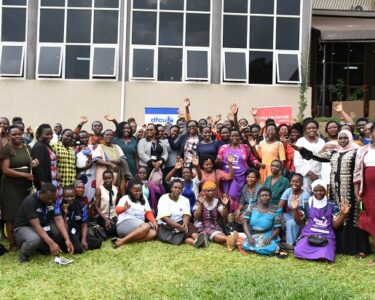By Giu Dennis
Singapore may be small in size, but its influence in global markets is anything but. Having already established itself as a powerhouse in shipping, aviation, and commodity trading, the city-state is now emerging as a hub for carbon markets—and its sights are firmly set on Africa.
From Carbon Tax to Global Carbon Trading
As part of its pledge to reach net zero by 2050, Singapore introduced a carbon tax and a regulated carbon market in 2022. Companies that exceed emission thresholds must either pay the tax or purchase carbon credits. Unlike many other nations that require offsets to come from domestic projects, Singapore has pursued bilateral agreements under Article 6 of the Paris Agreement, enabling cross-border trading.
This approach, operationalized after COP29 in Baku, allows Singaporean companies to buy credits from partner countries such as Ghana and Rwanda, with memoranda of understanding also signed with Kenya, Zambia, Morocco, and Senegal. To date, Singapore has signed 24 bilateral agreements, second only to Japan.
Unlocking Finance for African Projects
For African carbon developers, Singapore’s model offers new avenues to attract finance. “What Singapore is doing is providing the opportunity to drive finance into certain markets,” says Douglas Greenwell, commercial director for carbon at BURN, which develops clean cooking projects.
BURN and other developers have welcomed Singapore’s recognition of credits from cookstove projects, despite past controversies around their integrity. New methodologies are restoring confidence, ensuring these projects both cut emissions and deliver social benefits like reducing indoor air pollution.
In Ghana, 19 projects are already under consideration under the Singapore-Ghana deal, with BURN among the developers leading the way.
Building a Carbon Trading Hub
Singapore’s ambitions extend beyond compliance markets. It is positioning itself as a central player in the voluntary carbon market (VCM). Together with Britain and Kenya, it launched the Coalition to Grow Carbon Markets in June, aimed at boosting demand and harmonizing standards globally.
The city-state is also home to over 120 carbon-trading firms and service providers, including exchanges like Climate Impact X—which launched spot carbon trading in 2023—and AirCarbon Exchange, a digital marketplace for environmental instruments.
“Singapore will play a meaningful role in catalysing the development of the voluntary carbon market as a financial and services hub,” said Grace Fu, Singapore’s Minister for Sustainability and the Environment.
Why Africa Matters
For Singapore-based investors, Africa presents compelling opportunities, particularly in nature-based solutions.
“ Africa is a very, very important continent for us to focus on,” says Ling Min Hoon, investment director at GenZero, a carbon investment firm. GenZero has already backed an agroforestry project in Ghana that aims to restore 100,000 hectares of degraded land by planting native trees alongside cocoa crops. The initiative promises both carbon sequestration and diversified farmer incomes.
Hoon stresses that while Article 6 agreements help unlock demand, they are not the only driver of investment. GenZero has also invested in countries without bilateral agreements, such as South Africa, where strong local expertise makes projects attractive.
Looking Ahead
With a growing portfolio of bilateral deals and a strong financial services ecosystem, Singapore is cementing its role as a gateway for carbon finance into Africa. For African project developers, this could mean greater access to capital and global markets.
As the demand for high-integrity, nature-based credits increases, Africa’s vast potential aligns with Singapore’s ambition to lead. The partnership is more than regulatory—it is shaping a new era of cross-border collaboration in the global fight against climate change.






